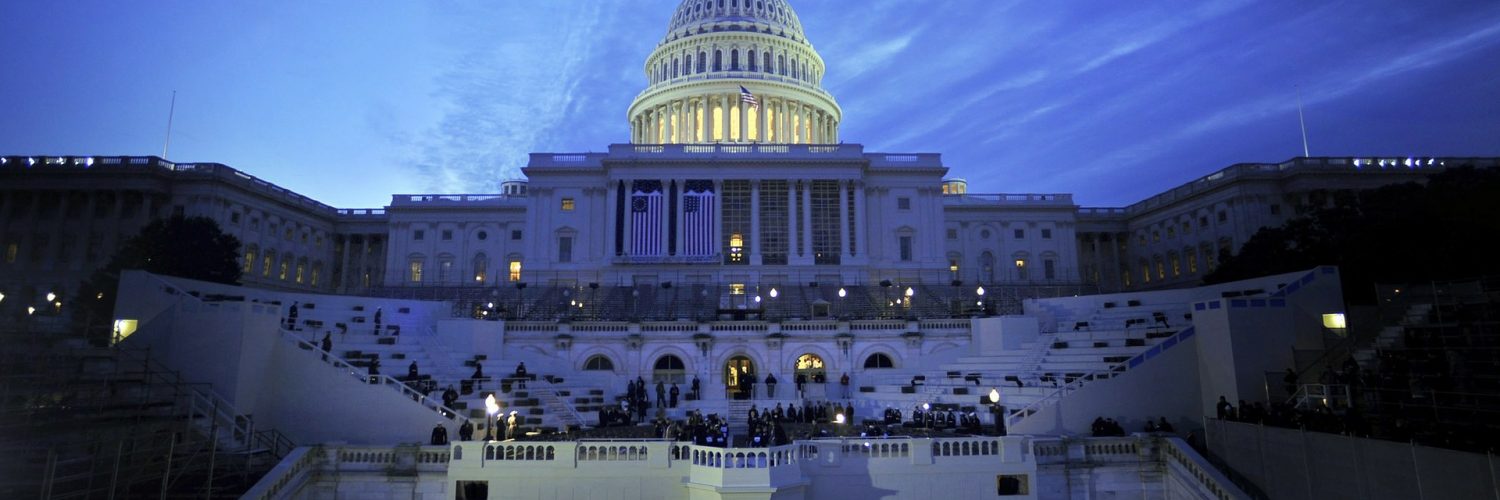The following column originally appeared in The Hill.
There is a concerted effort underway in Washington to undermine and overturn the very policies that have made states like ours economic leaders.
One of our states, Texas, does not have an income tax, while Arizona just adopted a low flat income tax. Our states’ regulatory burdens are light, education innovation is encouraged, and parents have choices where they send their kids to school. We are also right-to-work states, meaning labor union membership is strictly voluntary.

That our states embrace policies like these makes it no coincidence that we regularly show up on lists of the country’s fastest-growing states or states that offer the best business environments.
But some officials on Capitol Hill and within the Biden administration have spent the past several months attempting to put handcuffs on our pro-growth strategy.
When the American Rescue Plan Act passed in March, Treasury officials told states they better not think about cutting taxes. The administration later clarified that states could extend relief to their taxpayers under certain circumstances, which were laid out in a Treasury interim final rule that makes its point in a brisk 150 pages.

Congress got in on the micromanagement act and added a dose of fealty to anti-school-choice special interests with language buried in an appropriations bill that says public charter schools shouldn’t be able to contract with private sector entities like school lunch providers or back-office help if they want to maintain access to federal funds. Some schools might be forced to shut down and their students would be left in the lurch, but maybe that’s the point. Not surprisingly, the bill says nothing about educational quality or student performance.
Congress and the administration come together in bigfooting the states on the Protecting the Right to Organize, or PRO Act, which would eliminate voluntary union membership and states’ right to work laws. The bill has already passed the House along mostly party lines and Senate Majority Leader Charles Schumer (D-N.Y.) says he’ll bring his chamber’s version of the bill to a vote if he can convince a few more Democratic holdouts to come on board.
Not only does the PRO Act crowbar union-backed labor policy into states’ workplace laws, but it eviscerates labor mobility and worker choice.
Want to be an independent contractor? Not so fast, says the PRO Act, which attempts to bring California’s unpopular AB 5 law — which voters there amended last November after app-based gig workers protested — to the rest of the country, making it much harder to be an independent contractor. Fewer independent contractors means more potential union members.
These heavy-handed top-down approaches to lawmaking not only turn federalism on its ear, but they also create a drag on the post-pandemic economic recovery at the very moment we should be incentivizing creative thinking to spark job growth. Instead, Congress and the administration have embraced the tedious sort of policies that have caused millions of Americans to pull up stakes and move to more welcoming economic climates like ours.
Arizona and Texas have proven that if given the opportunity to innovate in our laboratories of democracy that we can help cultivate environments that encourage and accelerate job growth. If you’re looking for examples on how to bounce back after more than a year of pandemic-induced disruptions, look to our states.
Our states are moving quickly. We don’t expect that Washington will take a lesson from us, but it shouldn’t force us to adopt policies that will only slow us down.
Danny Seiden is the president and CEO of the Arizona Chamber of Commerce & Industry. Glenn Hamer is the president and CEO of the Texas Association of Business.
















Add comment